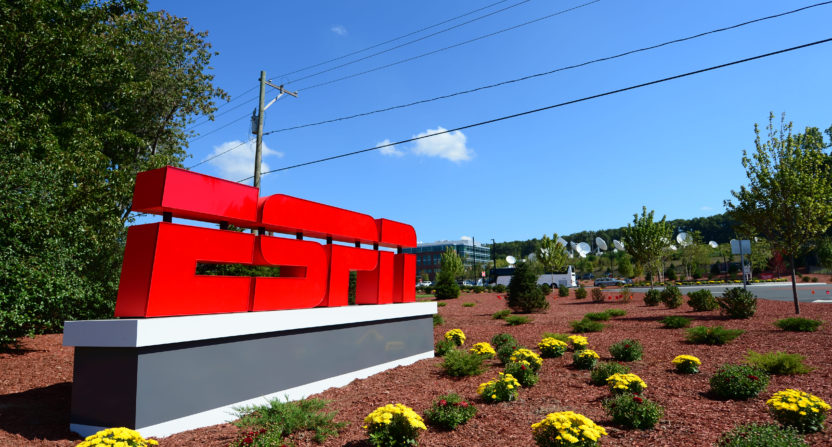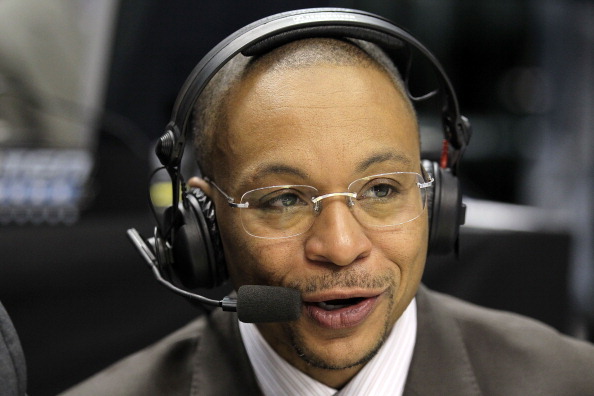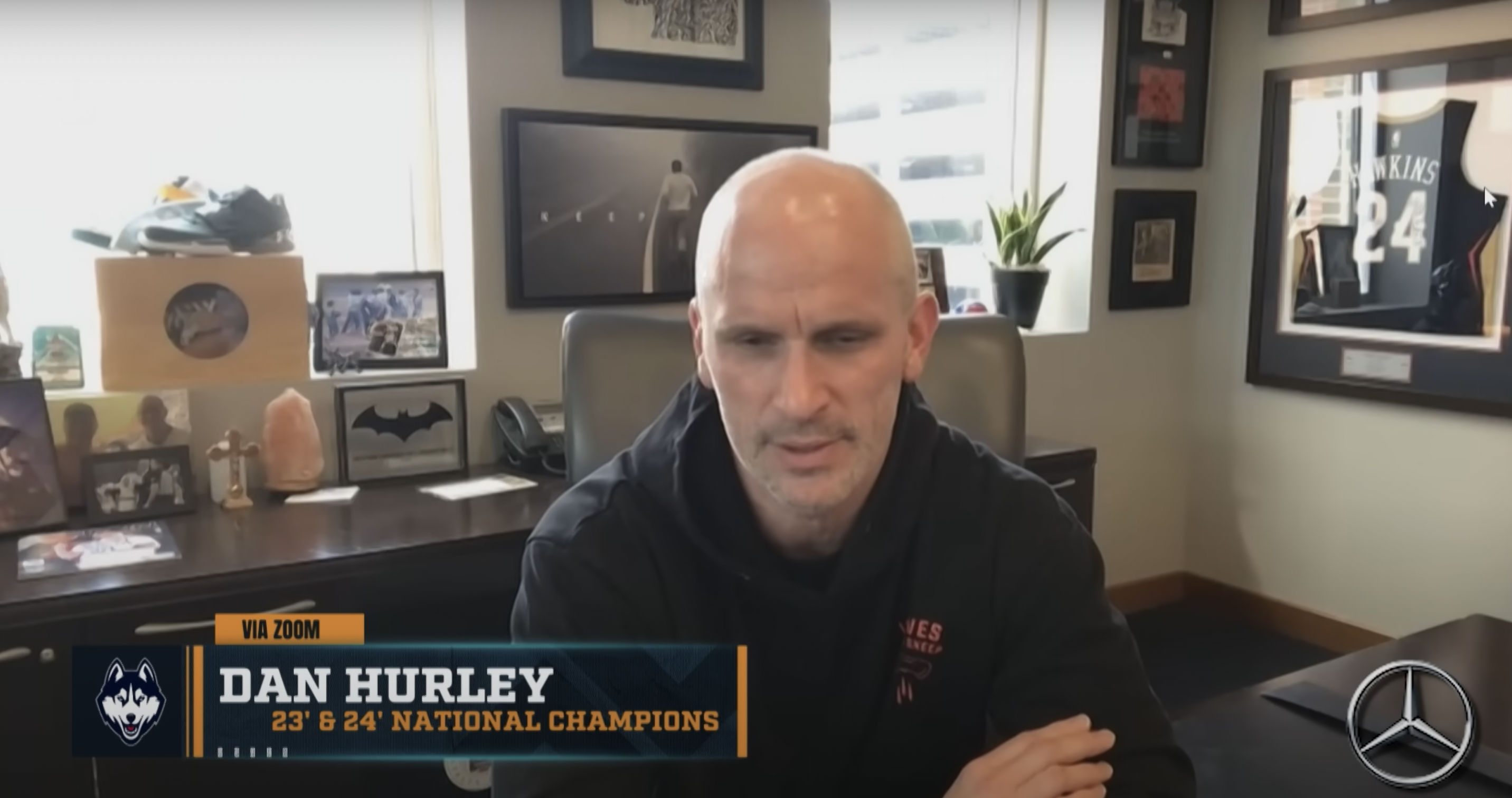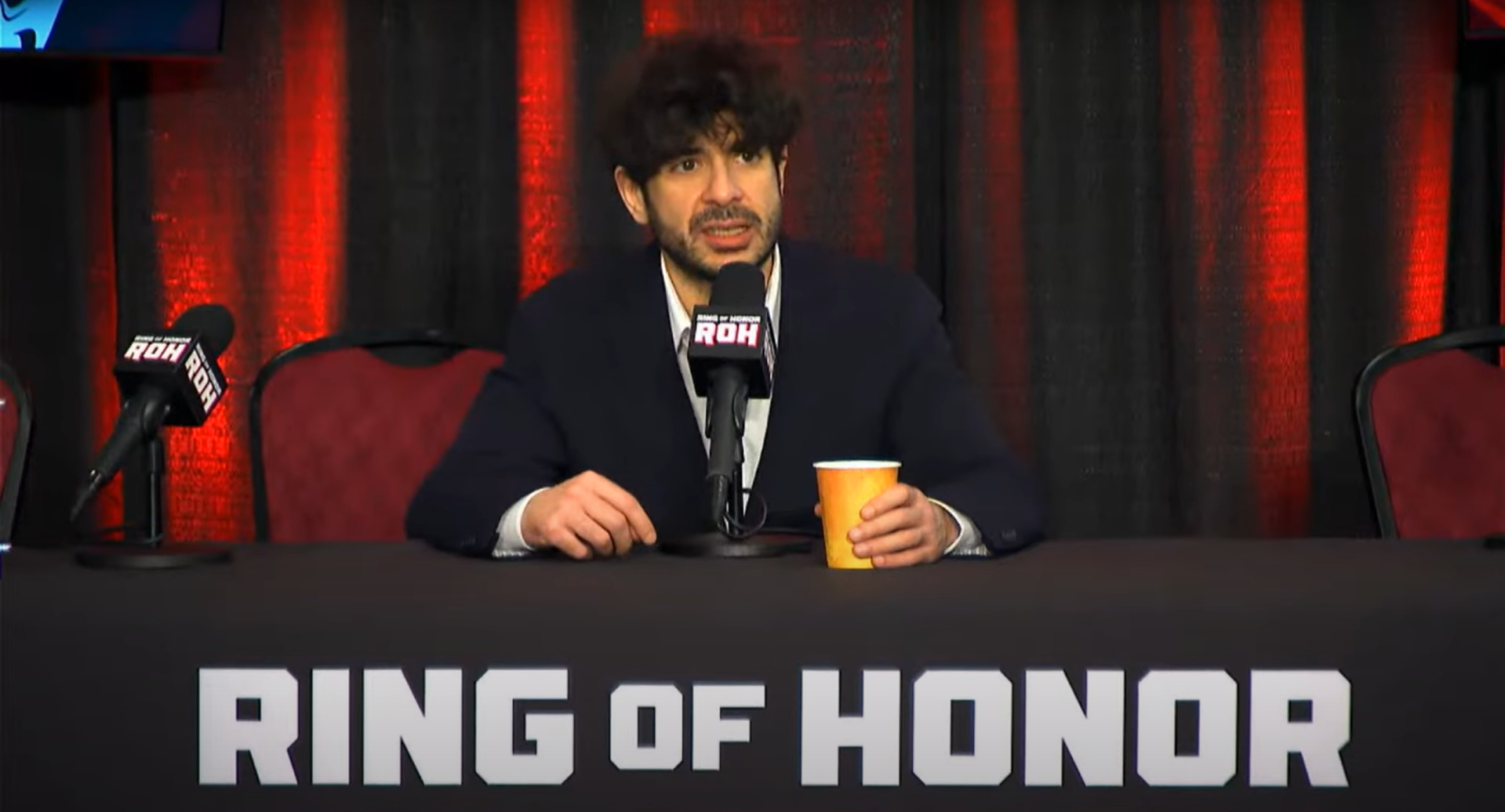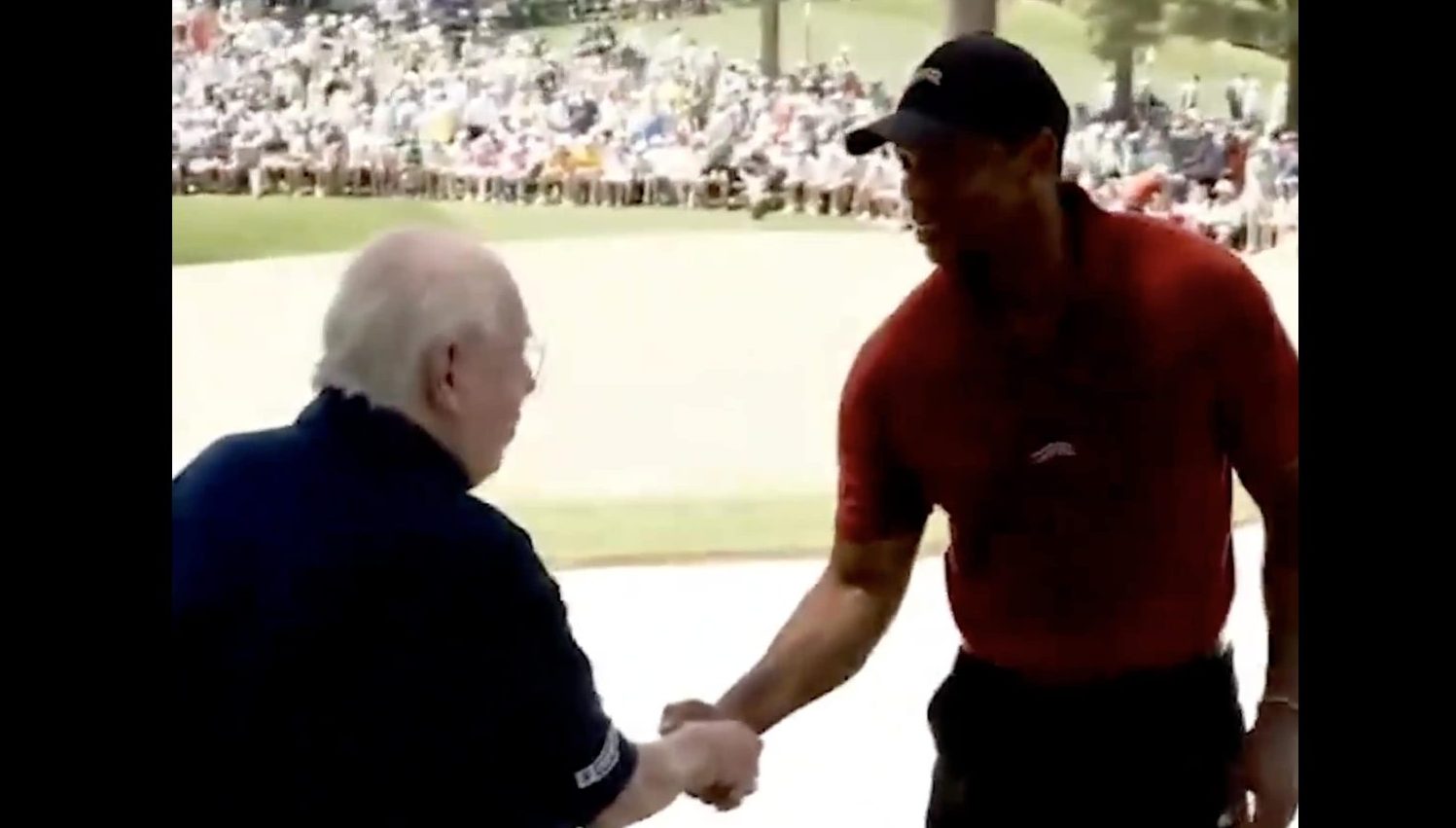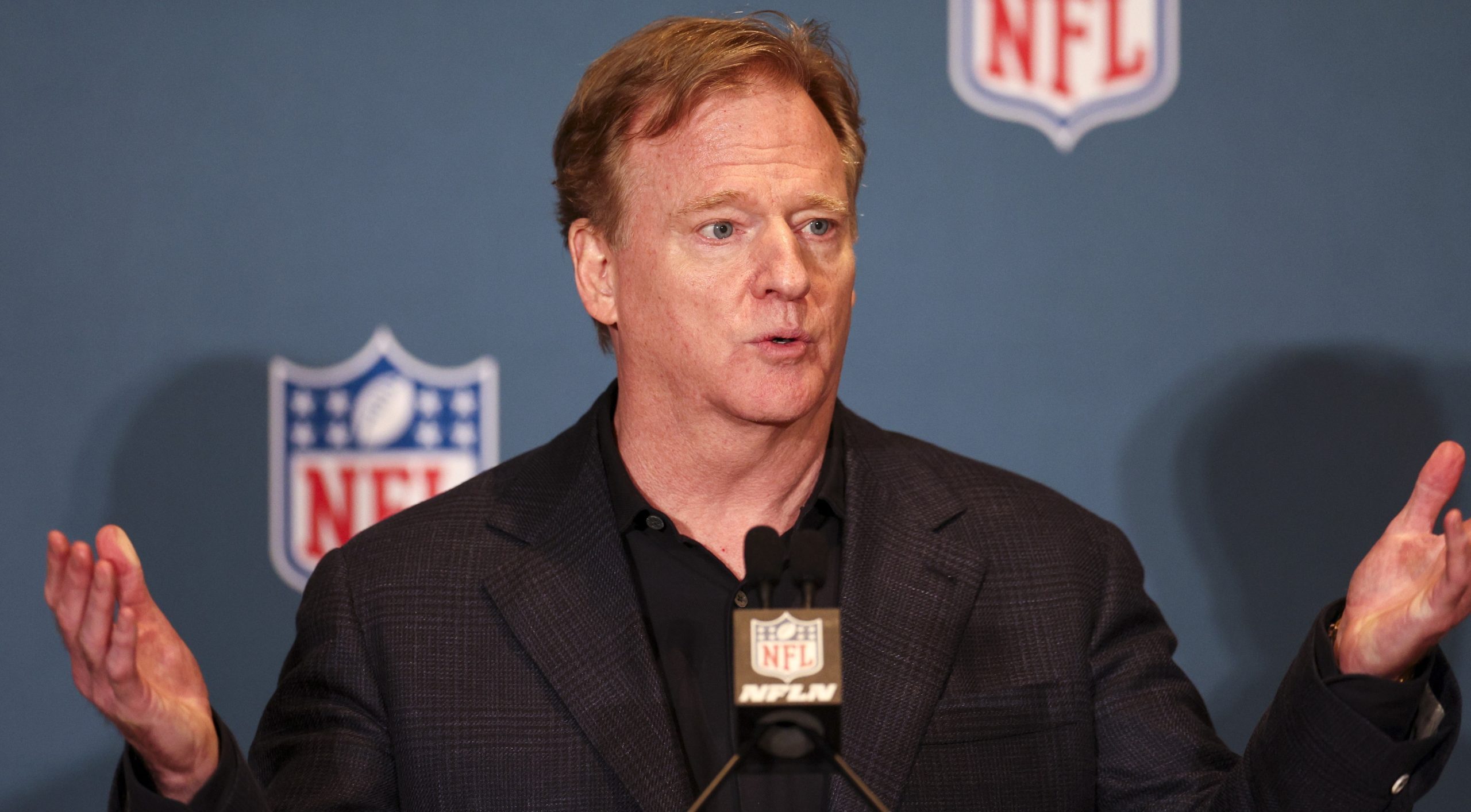There’s been a lot of buzz around the idea of sports networks refunding distributors who then refund customers for per-subscriber fees thanks to the current lack of live sports, but John Ourand of Sports Business Journal has poured some significant cold water on that, particularly in the case of ESPN. Unlike regional sports networks, ESPN has still had some high-viewership content in the last few months (specifically, the NFL draft and The Last Dance), but they’ve still been at the center of a fair bit of this debate. But as per Ourand, their contracts may provide them some significant protection, as their event promise is reportedly over a 12-month period, and even if they missed that target, they’d have another six months (until September 2021) to remedy the situation before distributors can start seeking rebates under the contract.
Before we dive into the details of the newest report, though, it’s worth looking at the backstory here. Late last month, Rich Greenfield and other analysts from LightShed Partners argued for distributors to use force majeure clauses to try and get rebates from sports networks they could then pass on to consumers, citing ESPN (which has the highest per-subscriber fees out there) in particular. And while that piece drew some deserved skepticism, Dish (known for their cost-cutting efforts and willingness to push back on sports channels) did reportedly try to withhold per-subscriber payments to ESPN for April (it’s unclear if they actually went through with that or not). And New York attorney general Letitia James sent a letter to seven major multichannel video programming distributors in the state asking them to rebate customers for sports fees (not specifically mentioning ESPN, but discussion of how “cable and satellite television providers continue to charge and collect high fees for live sports programming and refuse to reduce the cost of packages that normally include live sports programming” would certainly seem to include the Worldwide Leader). But amidst that, Ourand has now reported that in the case of ESPN at least, distributors don’t currently have much in the contract to help them:
Even though we’re coming up on nearly two months without live sports, ESPN is not close to breaching its affiliate deals, which call for a specific number of live event programming hours over a full 12-month period, according to multiple sources. If ESPN cannot meet those programming benchmarks after 12 months, it still would have an additional six months to remedy the situation. That means that, legally speaking, distributors can’t start seeking rebates until September 2021 at the earliest.
From one older contract that was read to me by a distribution source, ESPN was required to have 1,300 hours of marquee live programming over a 12-month period. Current contracts have similar language, I’m told. ESPN’s deal announced this morning for the Korean Baseball Organization almost certainly would not be considered marquee programming for that minimum guarantee. But the recent NFL Draft would, as would the UFC, which is planning to start up again soon.
And while there’s still plenty of uncertainty about when many live sports can resume and what that may look like, if a significant amount of sports do manage to resume this fall (as the NFL is currently targeting) or even next year, it would seem like ESPN could make up those missed hours by September 2021. There’s already been quite a bit of discussion of a potentially-packed fall sports calendar this year. And even if that gets pushed back a bit, Ourand’s report suggests that ESPN still has a lot of time on the clock before distributors can go after them for not supplying the promised amount of live sports.
That’s significantly different than the regional sports networks, which teams have agreed to provide a certain amount of games to each year and which have in turn agreed to provide that number of games to distributors (which is why there’s still discussion of a “resumption” of the NHL and NBA regular seasons rather than a pivot to the playoffs). But Ourand notes that it’s also unlikely that the RSNs “will provide full rebates to distributors,” as most of the NBA and NHL games this season were played. This could change depending on what happens with MLB and with the planned resumption of the NHL and NBA seasons, and the RSNs appear to have less contractual wiggle room than ESPN (given that they promised a certain amount of games each season versus an overall amount of programming hours over a longer period), but they don’t look all that likely to offer full refunds at the moment either.
The latest
And for basic ESPN, which is in a lot of basic cable packages, even the “no one is watching it” argument doesn’t really work. First, people are absolutely still watching ESPN for content like the NFL draft and The Last Dance. And while their overall audience is down significantly, the structure of basic cable/satellite/streaming bundles means that everyone who has one probably is paying for at least some channels they won’t ever watch, such as Fox News or MSNBC (depending on your political affiliation). A channel’s inclusion in a particular bundle is about more than just its current ratings.
Of course, this reporting doesn’t completely ensure that there won’t be a rebate for missed sports events from ESPN (or RSNs) to providers to consumers. That could very much still happen, and it’s quite possible that ESPN and/or various RSNs might do some sort of rebate as a PR move, especially after James’ letter calling them (and MVPDs) out for still charging high per-subscriber fees even when they don’t have much content. But this report from Ourand is certainly notable for the contract details, and it illustrates that from a contractual perspective, ESPN has a lot of time to make up their promised numbers of events.

